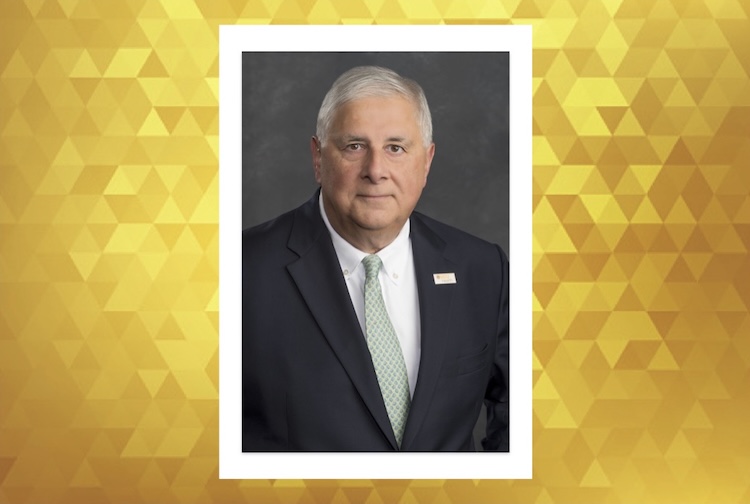
Living organ donation does ‘a world of good’
October 21, 2016
By Leha Byrd
University Public Affairs
804-828-7028
llbyrd@vcu.edu
Friday, Oct. 21, 2016
For years Malcom Bradford struggled with high blood pressure and was admittedly lax about taking his medication. As a result, the Richmond native’s kidneys suffered. By the time doctors discovered his kidneys were failing, they were functioning at just 20 percent.
The quick fix was dialysis, but it wasn’t enough. Bradford eventually needed a kidney transplant. His parents weren’t a compatible match so the lot fell to his sister. But, she had health challenges of her own.
“Giving a kidney to my brother was no question,” said Tanyika Johnson. “The biggest issue was getting to a certain weight so I could be healthy enough to donate. I lost 50 pounds on my own.”
By the time Johnson was healthy enough to donate her kidney, her brother’s kidney was functioning at just four percent. The pair had living donor surgery at Virginia Commonwealth University Medical Center in September 2015.On Thursday, they were smiling and healthy at the VCU Health Hume-Lee Transplant Center’s living donor recipient celebration.
The affair, held at the United Network for Organ Sharing headquarters in Richmond, is hosted by Hume-Lee every two years to celebrate families and individuals who have been part of a living donor surgery. Donors are either family members, friends or altruistic. No matter the nature, however, living organ donation is vital to sustaining healthy life. To date, Hume-Lee has performed about 920 such procedures.
“Living donor transplants is something that is well established, meaningful and does a world of good,” said Marlon Levy, M.D., the Hume-Lee transplant surgery director.
Approximately 25 patient pairs were in attendance at the evening event, and many shared stories of how either giving or receiving a living organ changed or saved their life. Statistics show that a living organ donation lasts twice as long as a deceased donor’s organ donation, said Katie Mardigian, the Hume-Lee transplant outreach coordinator. Living organs usually respond to their new owner more quickly, because they are not out of the body for very long. Therefore, a living donor’s organs usually begin to produce blood flow and function sooner than a deceased donor’s organ.Living organ donation also has another lifesaving perk.
“Having a living donor keeps the transplant recipient from having to wait on the national organ waiting list, a list that is over 120,000 people long and growing every day,” Mardigian said. “Patients waiting for a kidney can expect to wait around three to six years [on that list].”
Michael A. Velez remembers the exact span of time since he had his kidney transplant at VCU Medical Center.
“Two years, three months and two weeks ago,” he said, standing next to his donor, his son Michael. T. Velez. At the time of the surgery, the younger Velez was 19.
“It’s calming to know that I got the chance to save someone I love so deeply,” he said. “That’s a chance I couldn’t give up.”
The senior Velez was in end stage renal failure just before his kidney transplant, but now feels, “wonderful,” he said, adding that the donor celebration event was a chance to meet others with a similar story.
“Everything in here is modern medicine at its best,” he said.
Gaurav Gupta, M.D. is a nephrologist at Hume-Lee, and gave a presentation at the event, which lamented the importance of living organ donation. Part of the event’s goal was to raise awareness.
“The number of people waiting for transplants is going up and that’s why the need for donors is real,” he said.
According to Donate Life America, nearly 124,000 men, women and children are awaiting organ transplants in the United States, including 3,200 Virginians. Hume-Lee has a thriving living donor program and is preparing to again offer pediatric liver transplantation, with the re-launch of its living donor liver transplantation program next year.
When Bradford’s mother, Hilda Bradford, found out her son needed a kidney transplant, she recommended VCU Health. And, not just because she has worked there for the last 42 years.
“I told him he needed to come to VCU because they have the best success rates” she said.
To learn more about living donor donation, visit vcuhealth.org/transplant and unos.org.
Subscribe for free to the weekly VCU News email newsletter at https://news.vcu.edu/ and receive a selection of stories, videos, photos, news clips and event listings in your inbox every Thursday.



